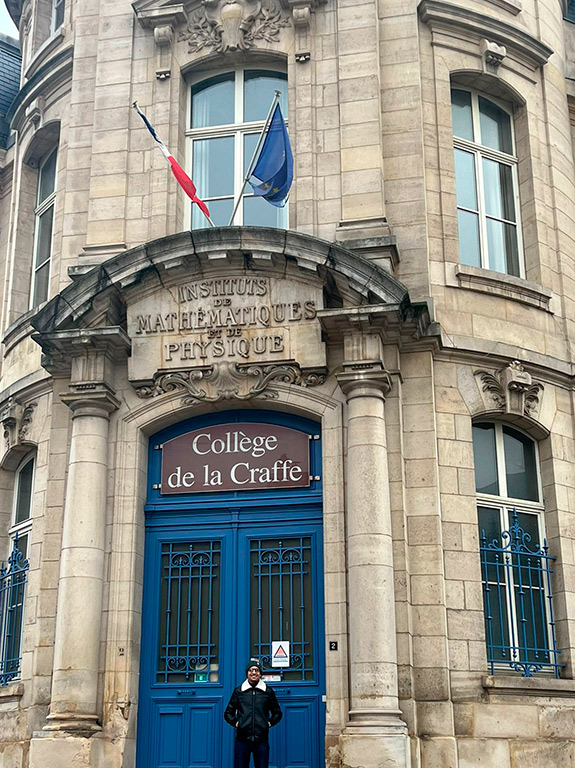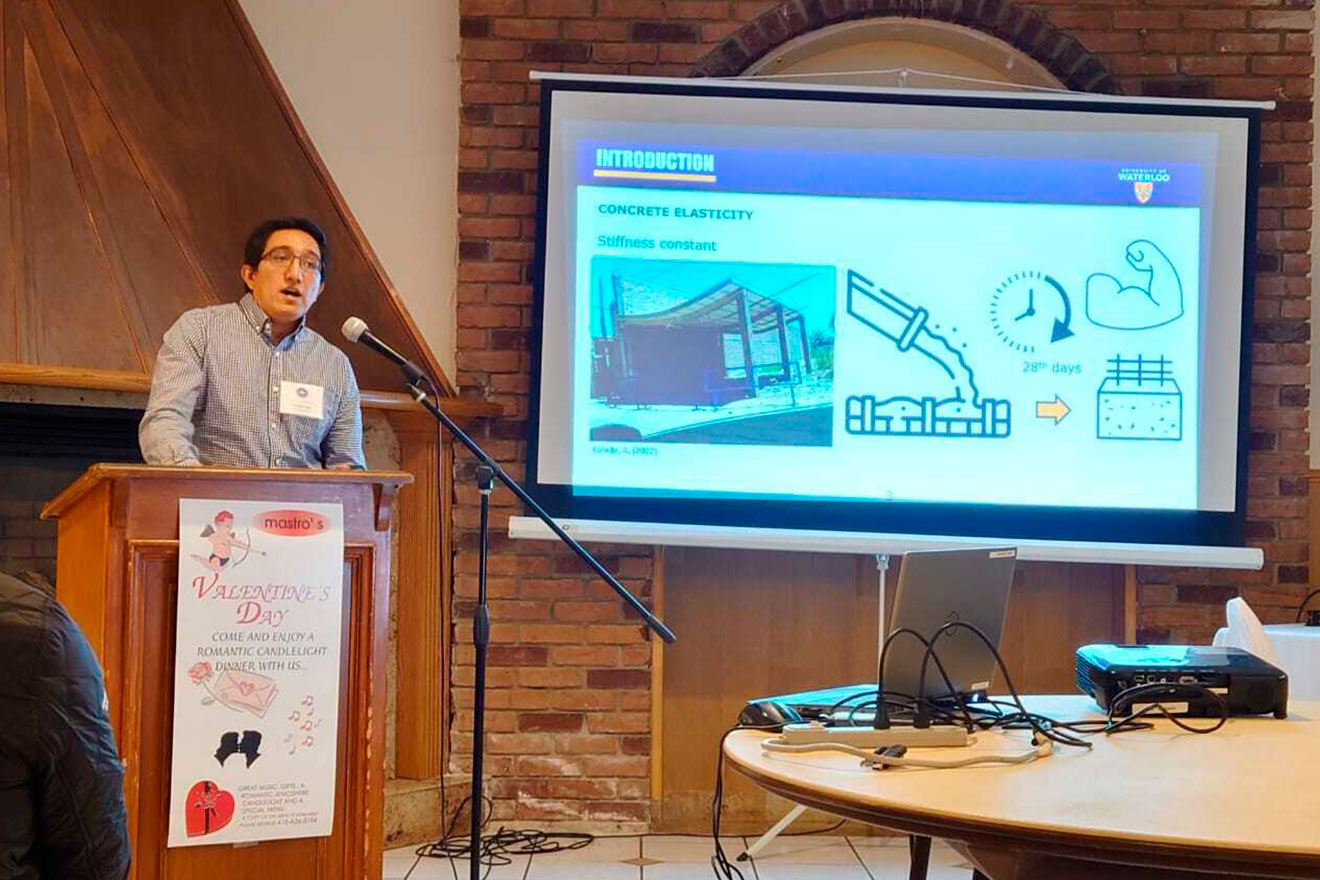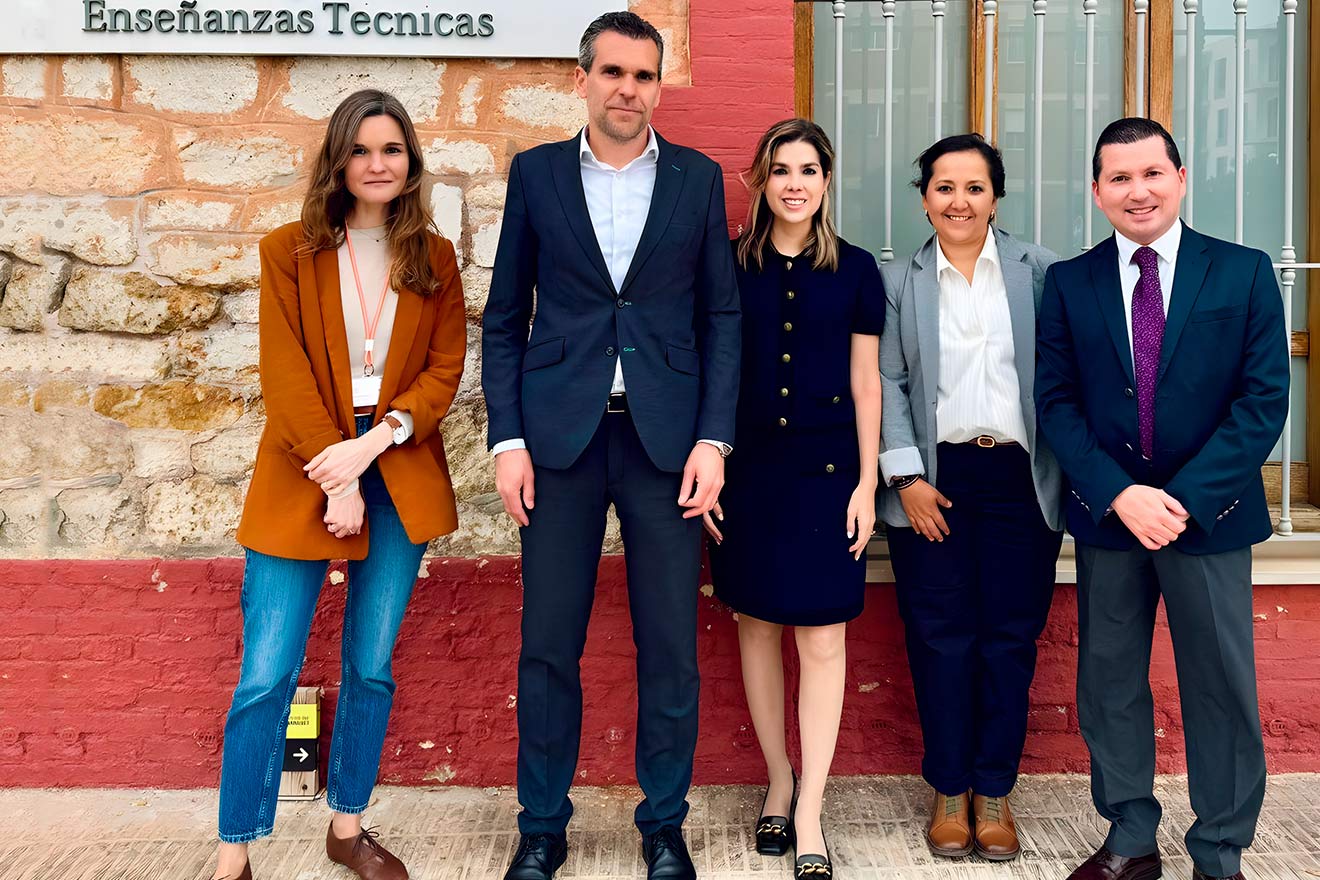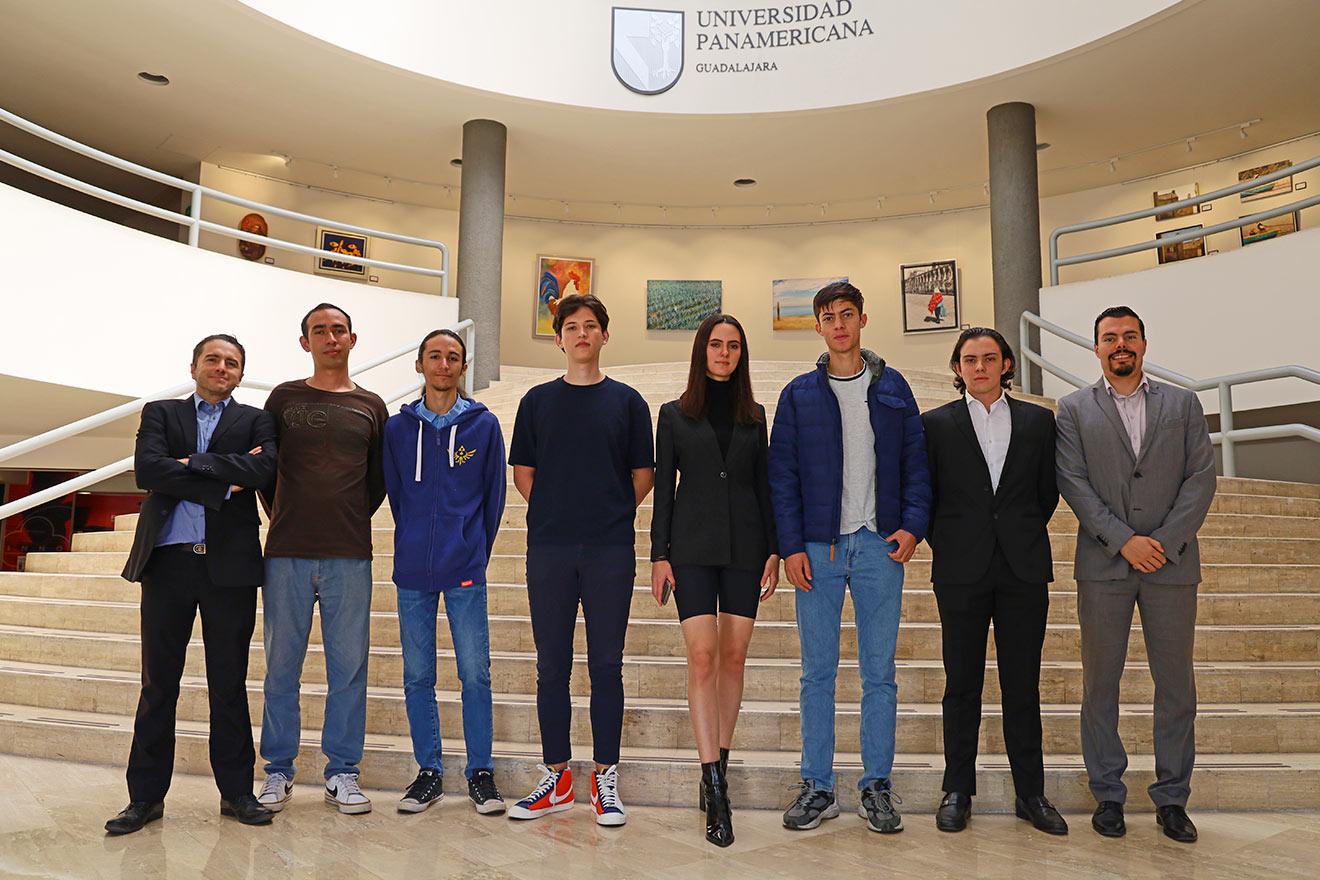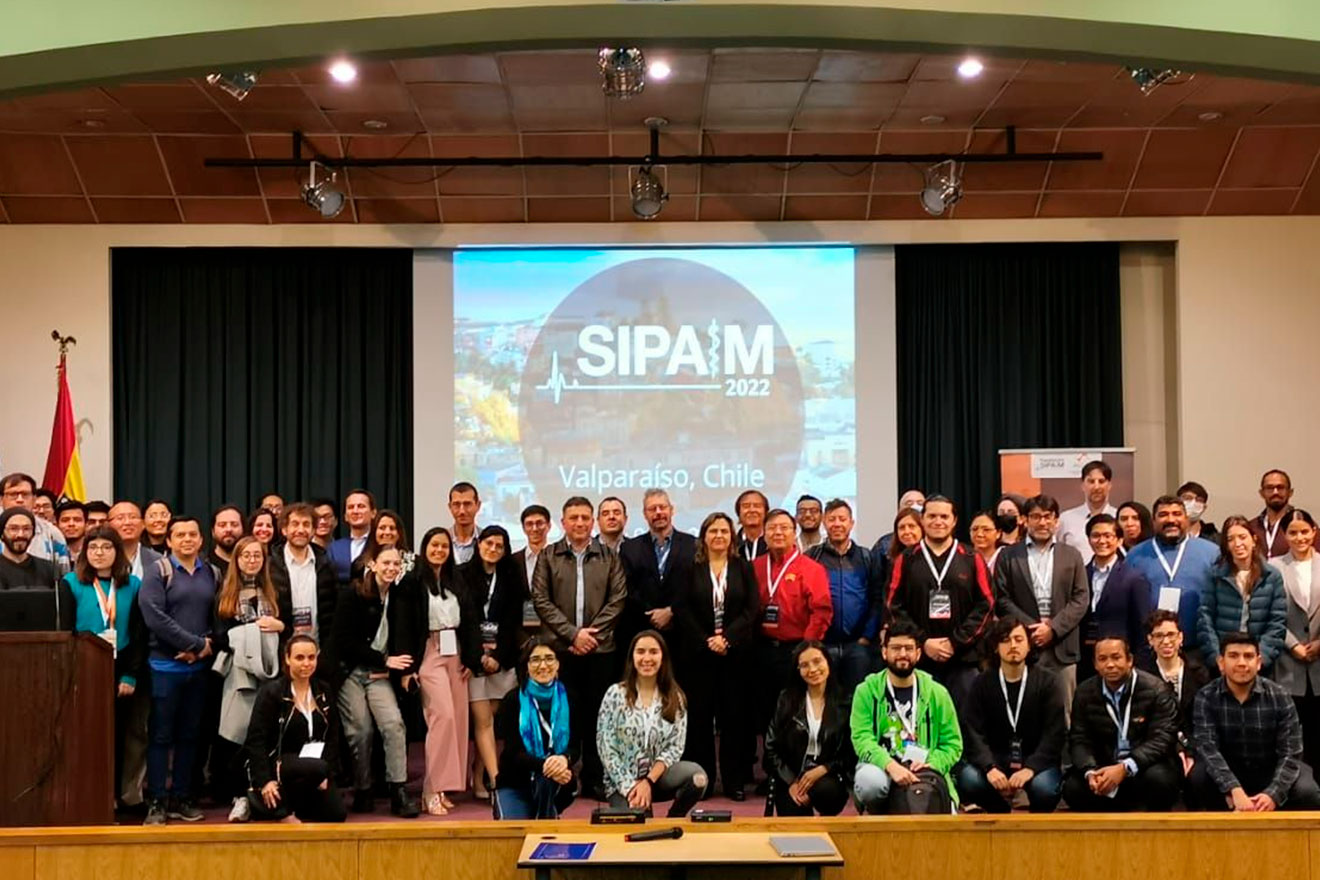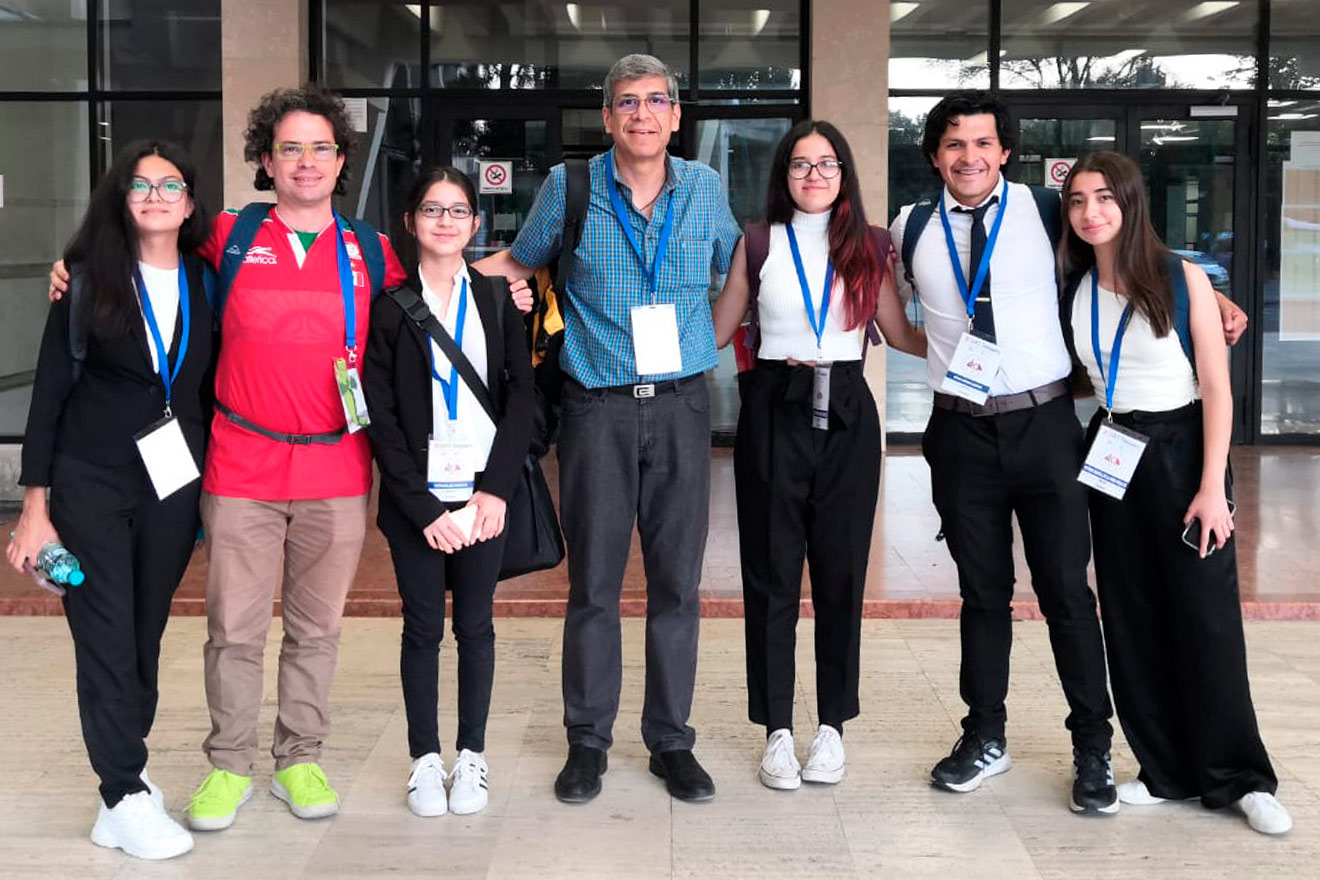Aguascalientes, Ags. May 17, 2023.- Ricardo Abel Espinosa Loera, professor and researcher at the School of Engineering of the Panamerican University of Technology (UNAM) in Aguascalientes, Mexico. PanamericanaRicardo Abel Espinosa Loera, professor and researcher at the Panamericana School of Engineering, shares with us the research he is currently developing on one of the diseases with the greatest cause of death in the world and where Artificial Intelligence plays a very important role.
Ricardo Espinosa and AI
With the area of medicine in his veins, Professor Ricardo Abel Espinosa Loera, alumni of the first generation of Artificial Intelligence Engineering (IIA) in 2008, shares with us his experience and contributions within the medical sector, and names Artificial Intelligence, according to his favorite author, as "the electricity of the 21st century".
Upon completing his studies as an engineer in AI and specializing in Mobile Technologies, Ricardo gained experience within the industry and when he returned to his alma mater, while studying for his Master of Science degree, he became the Career Head of Artificial Intelligence Engineering, where, unbeknownst to him, he gradually began to focus on the medical sector.
"What I did in the master's degree was recognition in types of falls with artificial vision. There are many people who live alone in their homes, especially older adults, who suffer accidents every day, who do not measure their consequences until days later, so what I did was that with the help of an Artificial Intelligence system to recognize, first that there was a fall, and then to detect what type of fall it was, as well as their injuries," he says .
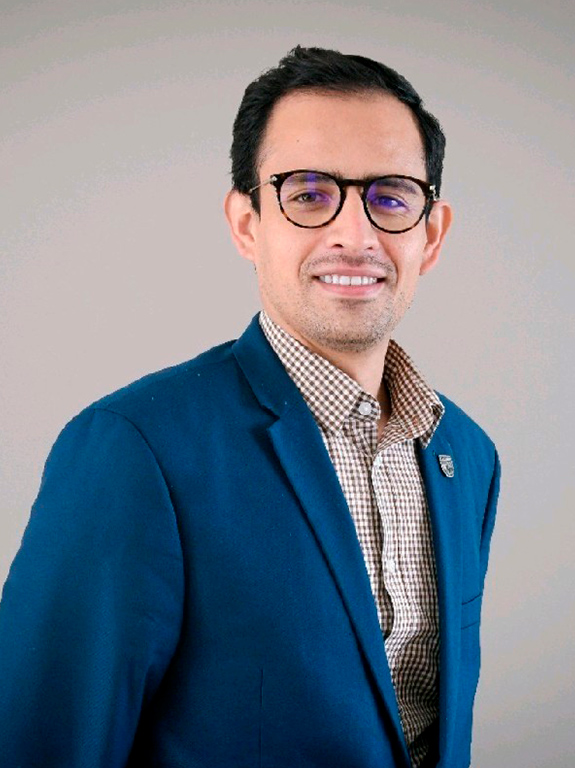
"I believe that the main driving force I have and why I am at Universidad Panamericana is to change and touch lives. Also because it is something that I am passionate about, I see that it can help students in their working lives, it is intended to do that," he says.
Artificial Intelligence in Medicine
D. in Computer Science at the Université de Lorraine. Université de Lorrainein France, as part of the agreements that our university has with other international institutions in order to obtain a double degree.
The research project currently under development is within the medical sector: colon cancer with an Artificial Intelligence approach.
According to the American Cancer Society, colorectal cancer is the third most frequently diagnosed cancer in both men and women in the United States. By the year 2023, estimates in the U.S. were 106,970 new cases of colon cancer. In Mexico, according to the Ministry of Health, about 15,000 new cases of this type of cancer are diagnosed each year, making colon cancer the third most common cancer.
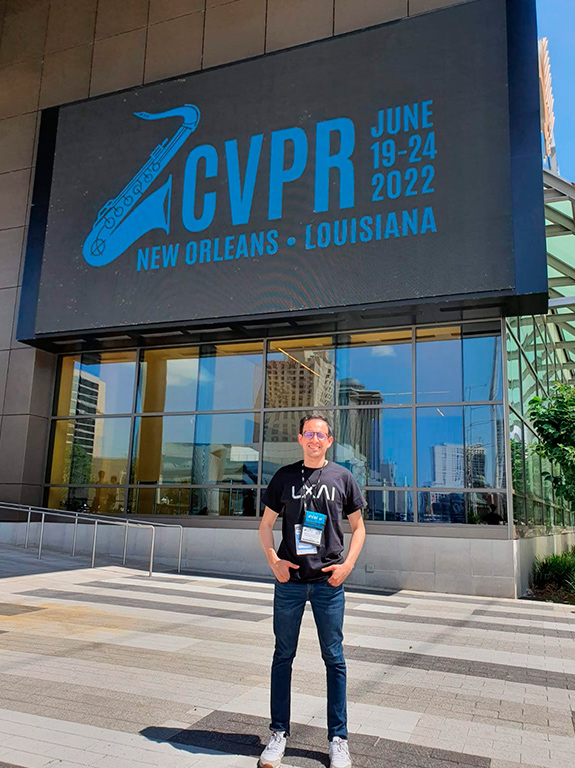
The diagnosis is made with a minimally invasive operation, the colonoscopy, where by means of an endoscope certain images can be detected inside the cavities such as the stomach and colon. In this sense, Ricardo's research focuses on colonoscopy, whose objective is to make a 3D reconstruction of the colon through artificial intelligence.
"The vision is very limited for the physician, what I try to do is to reconstruct the images in three dimensions, so that the physician can have a wider field of vision, can rotate or zoom in on the images, in order to make a more accurate diagnosis," he reports.
Once the 3D reconstruction has been performed, the aim is to identify polyps, inflammations, etc., using artificial intelligence techniques.
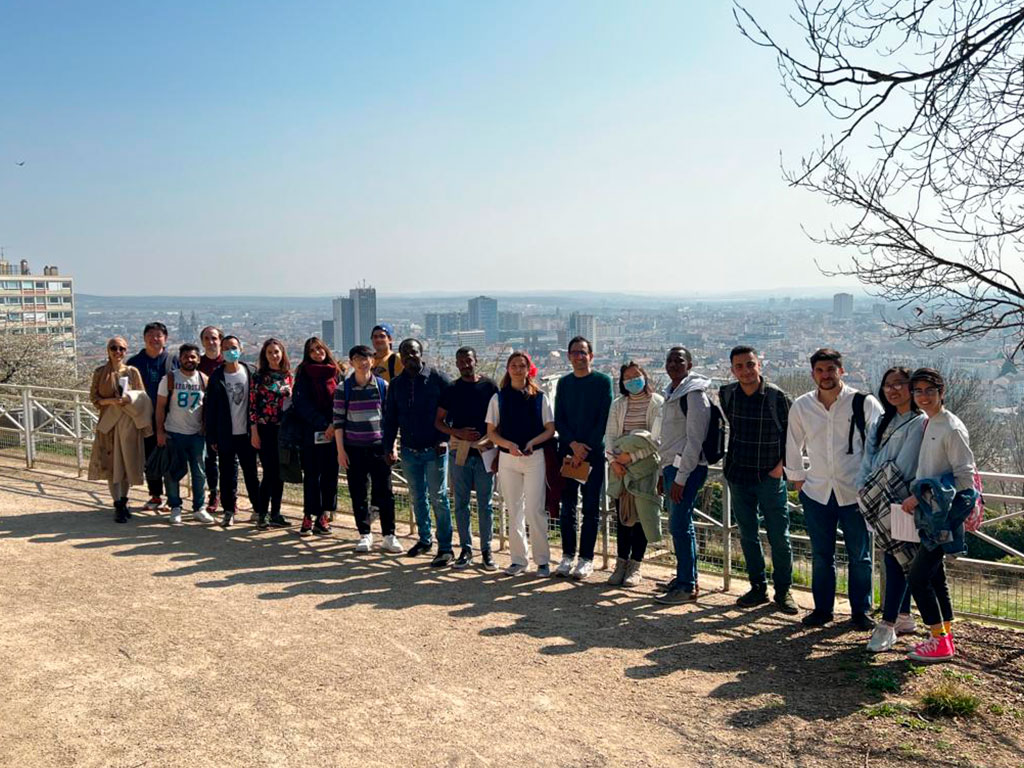
"I am in a position that I like very much, because we are building in the Faculty, what I call the best career in AI in Mexico, and I think that many areas and components are coming together, and I think that would be my legacy," he says.
A mentor for future AI engineers
With the firm commitment to support the new generations of Artificial Intelligence Engineers, he has taken the baton in advising and preparing the students of the career to participate in some worldwide competitions, such as the Regional Algorithmic Programming Contest of the International Collegiate Programming Contest (ICPC) Mexico 2022-2023, an algorithmic programming contest of the International Collegiate Programming Contest (ICPC) Mexico 2022-2023.This is an algorithmic programming contest for university students, where they work in teams to solve real-world problems, fostering collaboration, creativity, innovation and the ability to perform under pressure.
It should be noted that since Universidad Panamericana began participating, Ricardo has been the mentor of the teams, and for the third consecutive year the students from the Aguascalientes campus have qualified for the world finals.
The professor is currently the state delegate of the Mexican Informatics Olympiad, an initiative that seeks to integrate elementary, middle and high school students into STEM (Science, Technology, Mathematics and Engineering) subjects through programming, where university students also help with the teaching of classes for the youngest students.
Ricardo Espinosa has also participated in major congresses and has lectured nationally and internationally.
